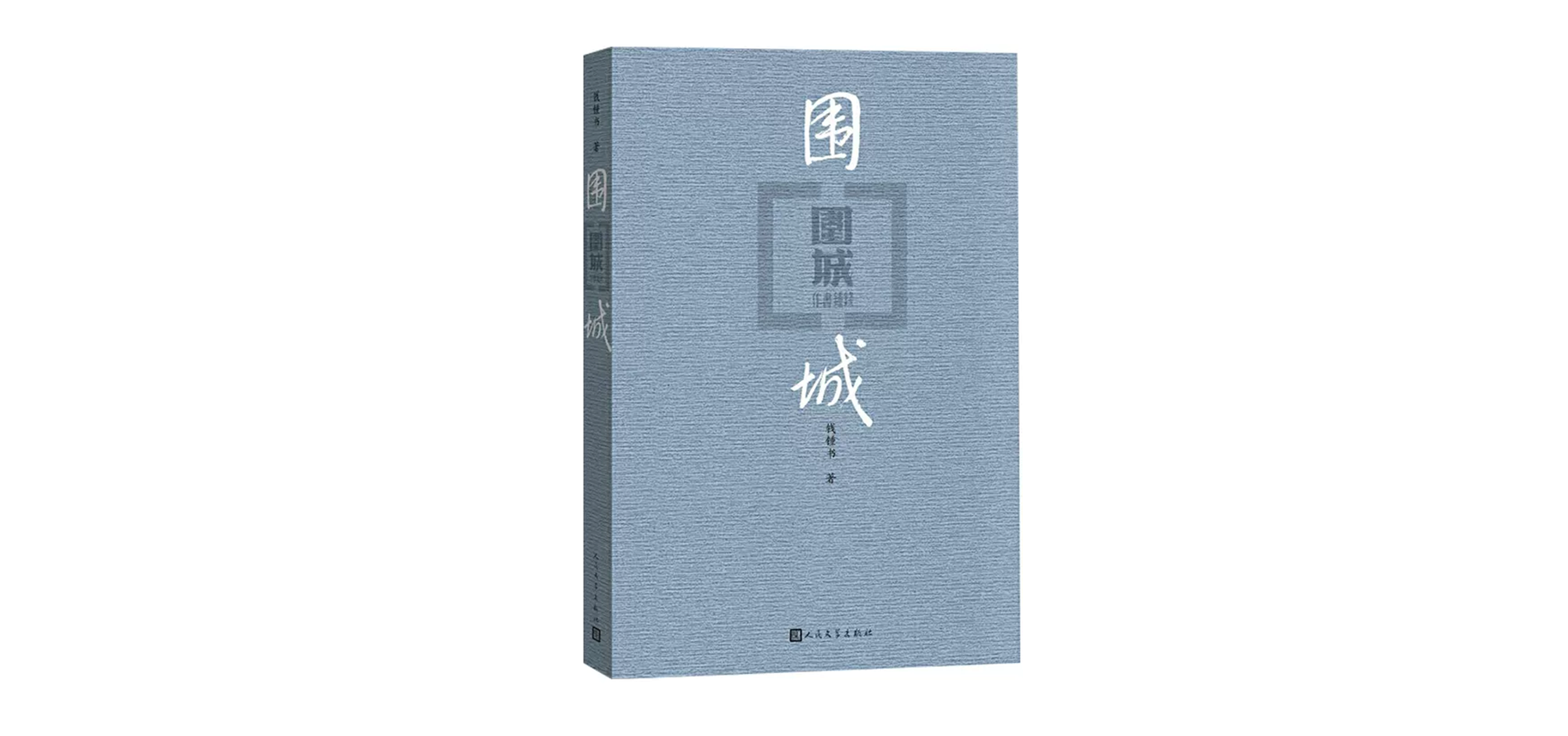MY 100-Day English -56

resilience不是纯粹是一种个人的特征,强大的人际关系和网络也在很大的程度上促进了这种韧性
The ability to bounce back from setbacks is often described as the difference between successful and unsuccessful people. Resilience has been shown to positively influence work satisfaction and engagement, as well as overall well-being, and can lower depression levels. There is even evidence that resilience can help protect us from physical illness. But resilience, conventional thinking assumes, is something we find within ourselves only when we are tested (经受考验的时候) — a kind of solitary internal “grit” that allows those of us who are strong to bounce back.
But that’s not necessarily true. Our research (which is not yet published) shows that resilience is not purely an individual characteristic, but is also heavily enabled by strong relationships and networks. We can nurture and build our resilience through a wide variety of interactions with people in our personal and professional lives. These interactions can help us to shift or push back on work demands and alter the magnitude (大小;量级) of the challenge we’re facing. They can help crystalize the meaningful purpose in what we are doing or help us see a path forward to overcome a setback — these are the kinds of interactions that motivate us to persist. People in our support systems can provide empathy or simply help us laugh and bolster (支持,支撑) our resilience by shifting perspective and reminding us we are not alone in the fight. In short, resilience is not something we need to find deep down inside ourselves: we can actually become more resilient in the process of connecting with others in our most challenging times.
Based on in-depth interviews with 150 leaders (five men and five women from 15 different organizations who were considered to be among their “most successful” leaders), we have defined how connections can help us become more resilient when we encounter (遭遇;邂逅;遇到) major life or professional challenges. A well-developed network of relationships can help us rebound from setbacks by:
- Helping us shift work or manage surges
- Helping us to make sense of (理解) people or politics in a given situation
- Helping us find the confidence to push back and self advocate (主张,拥护,倡导)
- Helping us see a path forward (前进的道路)
- Providing empathic support so we can release negative emotions
- Helping us to laugh at ourselves and the situation
- Reminding us of the purpose or meaning in our work
- Broadening us as individuals so that we maintain perspective when setbacks happen
As Jacob (who was among those we interviewed) learned in what was unquestionably the toughest period of his entire career, resilience is a team sport.
理解,搞清楚…的意思: make sense of
See you tomorrow








